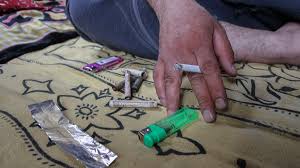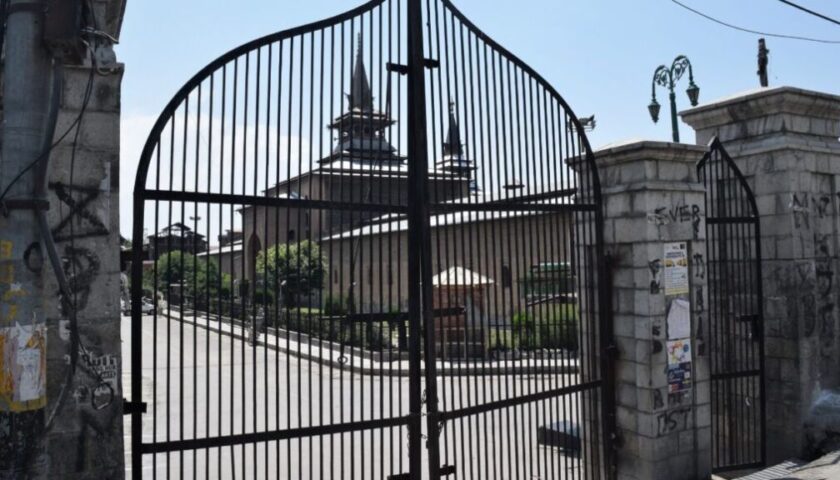Imroz seeks Commission of Inquiry to probe all cases
The phenomenon of enforced disappearances in Kashmir is not new and dates back to 1948, according to noted writer and social activist, Zareef Ahmad Zareef.
Zareef said his maternal uncle Gul Muhammad was taken into custody by the state forces from his home at Jamia Masjid, Nowhatta and subjected to enforced disappearance.
Gul Mohammad was tortured and later sent to Central Jail, Srinagar. He was part of a student delegation that had met the founder of Pakistan, Muhammad Ali Jinnah during the latter’s visit to Kashmir in 1944.
“All the people with pro-freedom sentiment were sent to Central Jail. Besides, my uncle, Ghulam Hassan Banday of Gurgadi Mohalla, Aali Kadal was also lodged at the jail. He died there and is buried inside the jail premises,” he said.
Zareef’s family was informed by the authorities that Gul Muhammad had developed mental complications and was admitted in the nearby psychiatric hospital.
The family, however, came to know that he was tortured to death. “He too might be buried inside the jail,” he said.
The family waited endlessly for Gul Muhammad.
Meanwhile, founder and patron of Association of Parents of Disappeared Persons (APDP), Advocate Parvez Imroz has reiterated the demand for Commission of Inquiry to probe all enforced disappearances in Kashmir.
Imroz also criticised renovation of Hari Niwas palace. “The authorities have destroyed evidence of torture deaths,” he said.
“Hari Niwas was used as a torture chamber by the authorities,” he said, adding that people who succumbed to torture might have been buried in the sprawling lawns of the palace.



